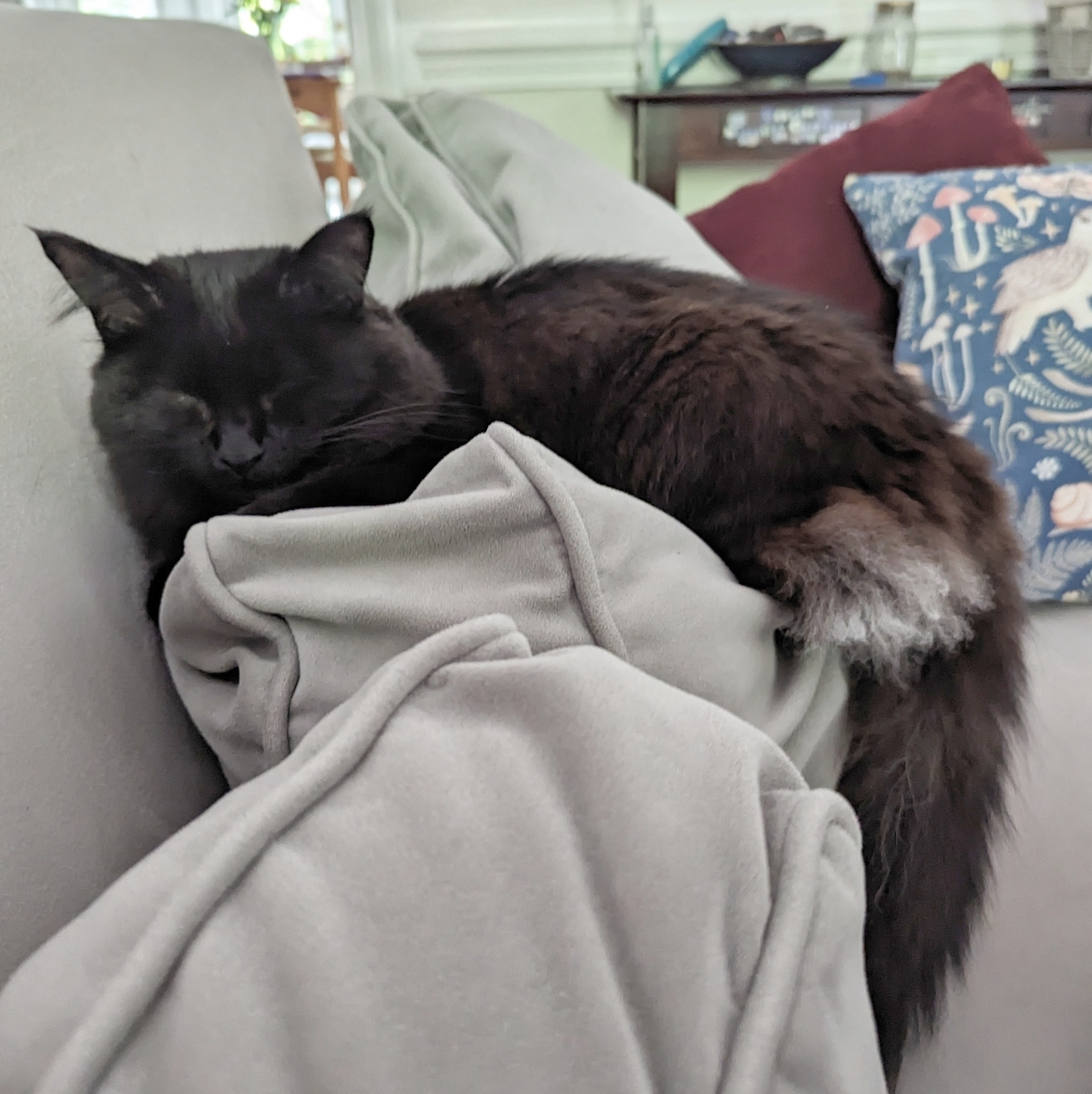🎮 Played Assemble with Care.
I’m really feeling wholesome games lately, especially those with a warm pastel color palette and soothing music. In this game, you fix people’s stuff and inspire them to fix their relationships.
On sale on Steam for $3.19 through June 11, iOS & Android for $3.99.






